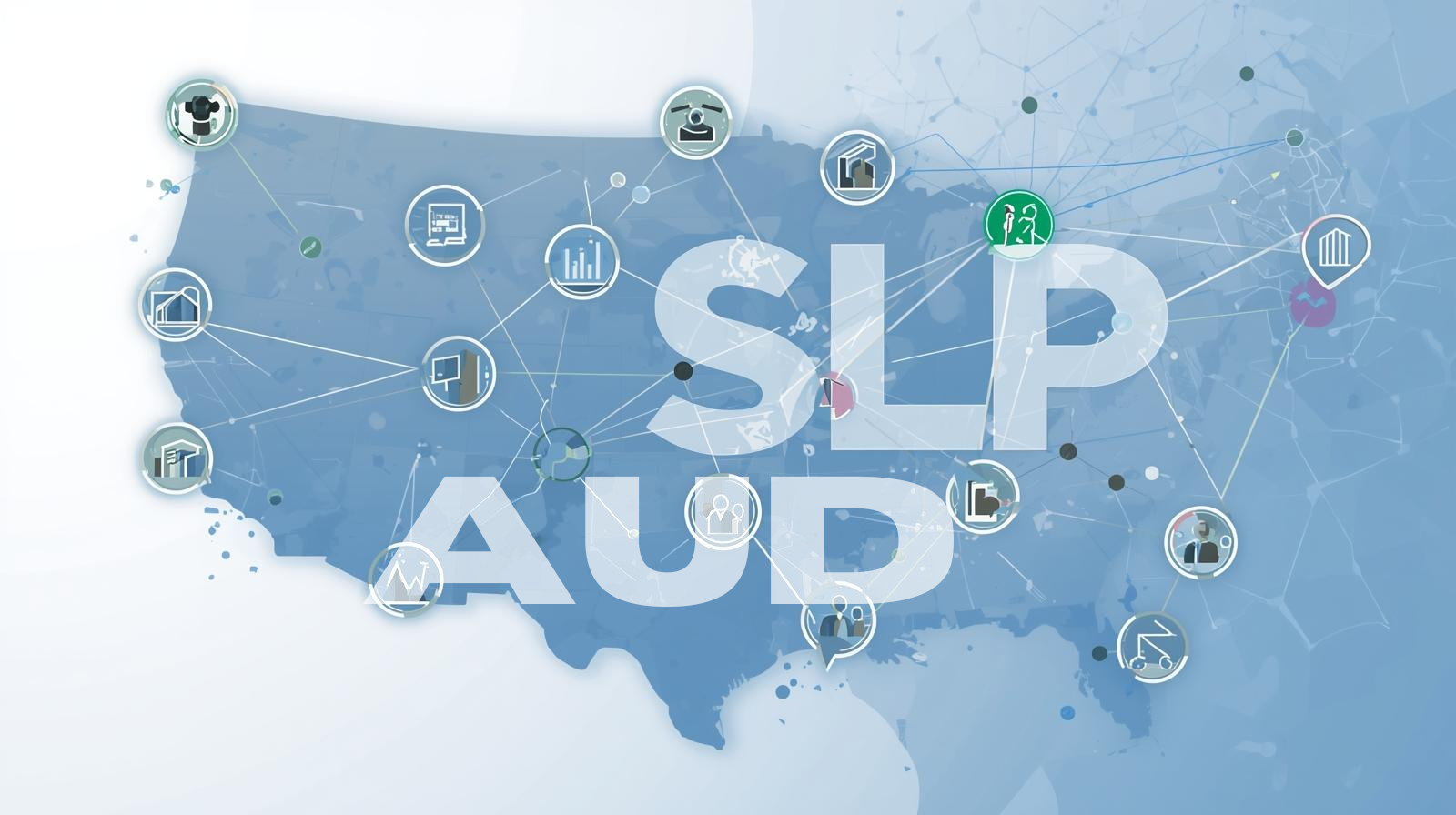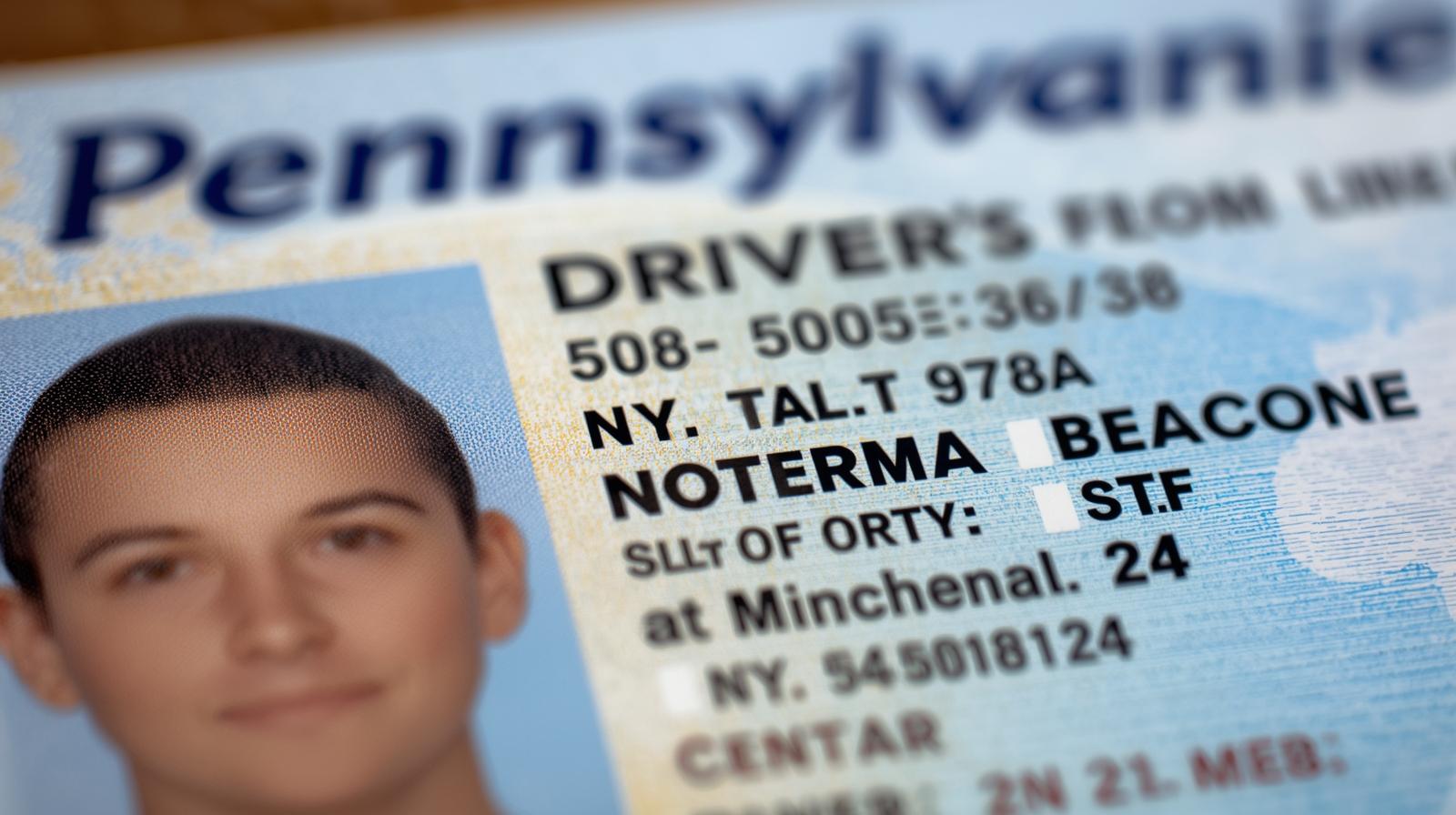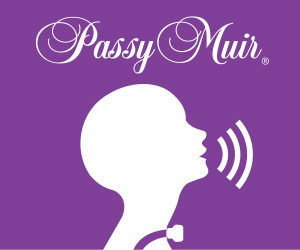|
As a PSHA member, you can “take action” in just a couple of clicks using our new platform! Below is a link to the current federal advocacy efforts. If you can’t find your area of concern, there is a template for writing a letter to a legislator.
Federal Advocacy
|

Protect Access to Graduate Education for
Audiologists & Speech-Language Pathologists
|

Medicare coverage for audiology and speech-language pathology services delivered via telehealth should remain protected.
|
State Advocacy

Advocate for PA to Join the Interstate Compact
|

Improve Medicaid Reimbursement Rates
Take Action Coming Soon!!!
|

Communication Impairment Designation on Driver’s Licenses
|

Expand Hearing Aid Coverage
|
| |
|
|






